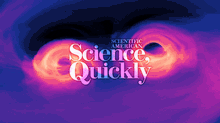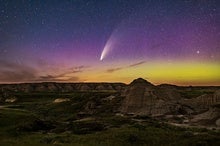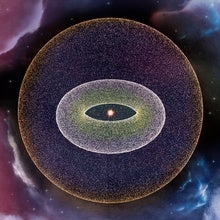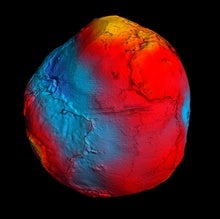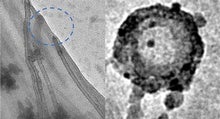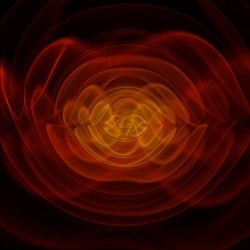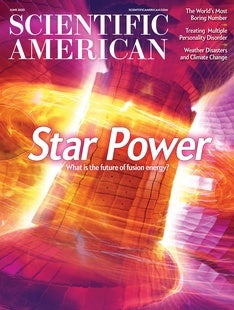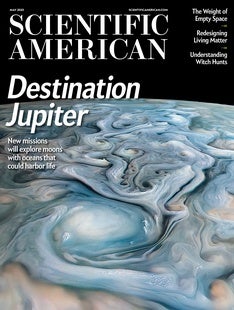|
 | |||||
| June 29, 2023 | |||||
| This week's all about the vibes. Vibrations in the fabric of reality, that is. Better known as gravitational waves, these ripples in spacetime have become one of the hottest topics in astrophysics ever since their first direct detection in 2015 from merging stellar-mass black holes and neutron stars. But now researchers have managed to tune in to gravitational-wave vibes of a higher order—supersized ones coming from supermassive black holes or other strange cosmic sources, which fill the universe with a sort of ambient hum. This "gravitational wave background" contains untold scientific treasures we're only just beginning to explore. Read our lead story to learn more—then peruse other articles about the cultural obsession with UFOs, alien planets at the edge of our solar system, the science-infused brilliance of the late author Cormac McCarthy, and more. Enjoy! | |||||
| |||||
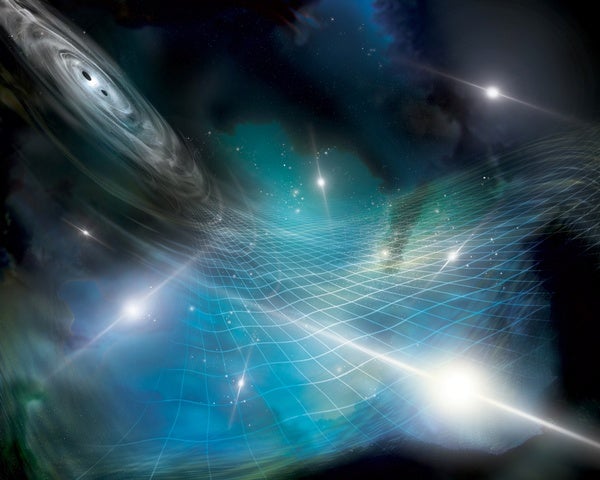 | |||||
| |||||
| |||||
| |||||
| |||||
| |||||
| |||||
| |||||
| |||||
| |||||
| |||||
| |||||
| |||||
| |||||
| LATEST ISSUES | |||||
| |||||
| Download the Scientific American App | |||||
|
Scientific American
1 New York Plaza, FDR Dr, Floor 46, New york, NY 10004

